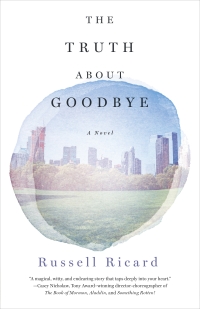ON VOICE ...
An author’s relationship with voice impacts their creative process.
Someday, I’ll scribe a book about the psychology of writing. For now, I’m navigating the growing pains of my own systematically censored voice that stifles adult expression of that voice in my writing practice.
Point in case, one of my current novels-in-progress has been kicking my ass for a long time. Aside from the childhood triggers the story elicits, I’ve struggled with allowing the story’s core truth to be what it has always meant to be since the first draft.
It’s fear. And fear of one’s voice is not something an editor, reader, or anyone else can help the writer with until they allow their voice to exist without censorship. And once that voice is set free, everything else falls into place—draft after draft.
So now, regarding this current manuscript whose characters and backstories I love dearly, I surrender. And part of that surrender is to give myself an assertive push past what I’m holding on to in the process (a childhood fear of sharing my true, adult voice with the world) so it’s closer to publication.
Can’t remember what famous writer said it, but to paraphrase: “Write what scares you.”
In other news, I recently applied to a year-long fellowship for emerging fiction writers. As well, I entered a short story in a national contest. Both application processes enabled me to rewrite two difficult pieces: talk about challenging my writer’s voice!
Speaking of voice, one of the finest literary scribes of our time is Abigail Thomas. I just finished reading her memoir, Still Life at Eighty: The Next Interesting Thing.
In graduate school, I had the distinct honor and privilege of having been one of Ms. Thomas’s students. One the most magical souls I’ve ever known. I’ll always remember sharing mugs of apple cider at Cosi cafe with her during one of our student-teacher conferences, including our discussions about a short story I was working on that ultimately informed my debut novel. I still hear her voice asking me: “Do you believe in ghosts?”
Still Life at Eighty is stunning. Thomas is delightfully morbid. Her poetic, whimsical observations, and ruminations of her elder years with peeks into her younger selves is riveting and an oddly comforting meditation on the life cycle. A true memoir is a making sense of one’s past, working out memories. And I agree with Stephen King who says, “Abigail Thomas is the Emily Dickenson of Memoir.” Here’s a link for Abby’s book if you’d like a closer look:
https://bookshop.org/p/books/still-life-at-eighty-the-next-interesting-thing-abigail-thomas/18811286

